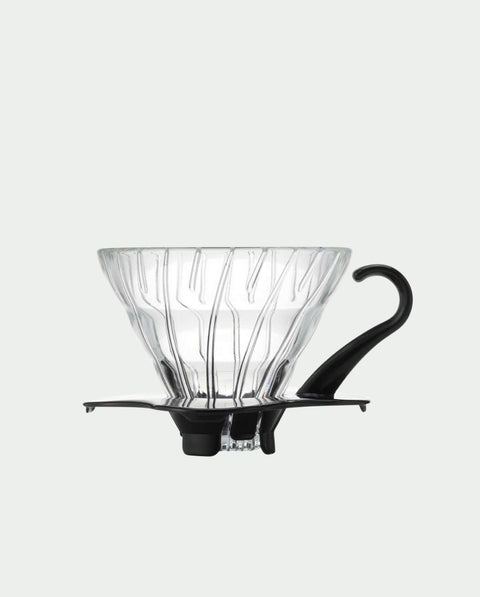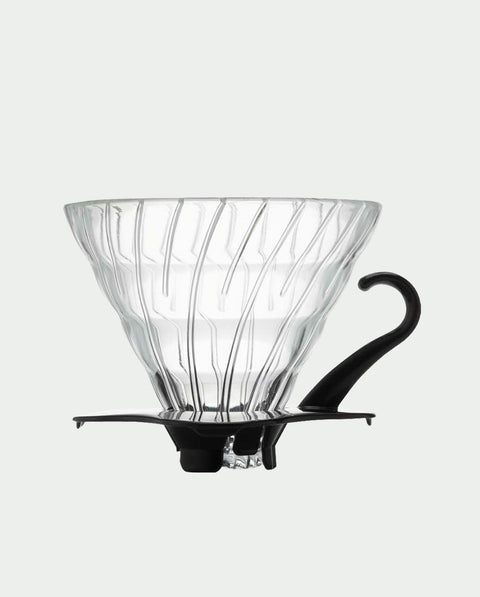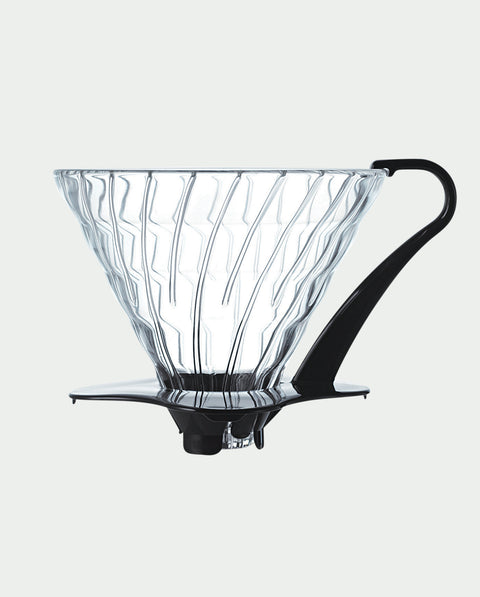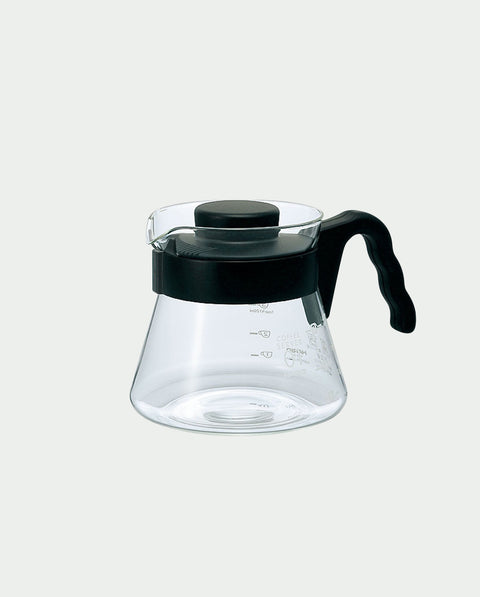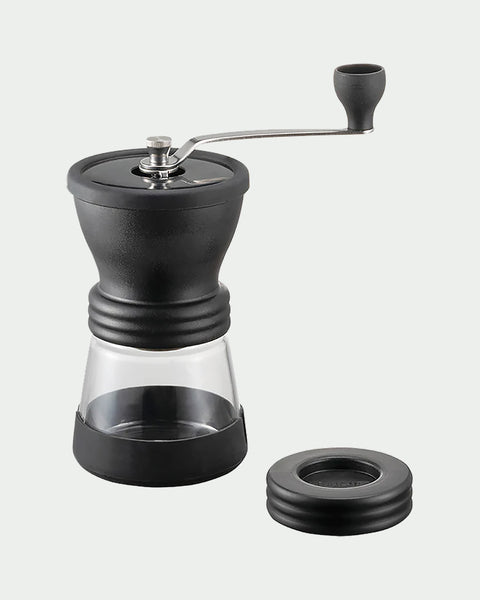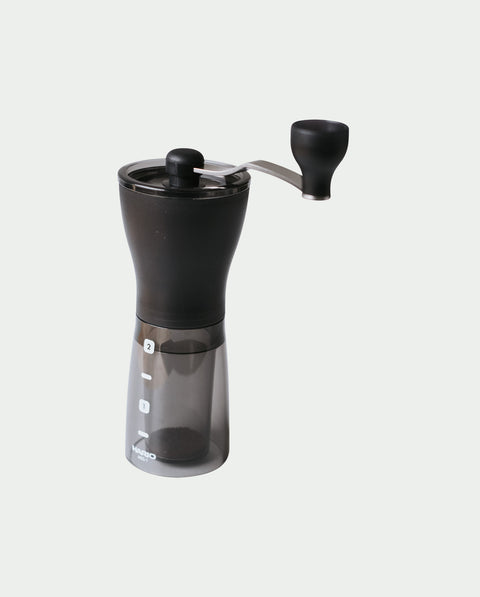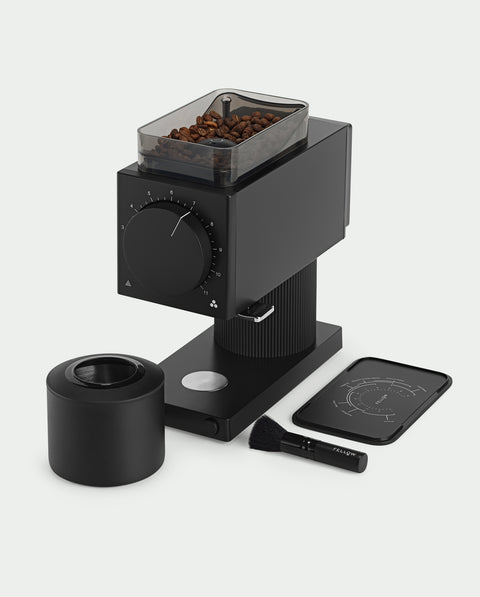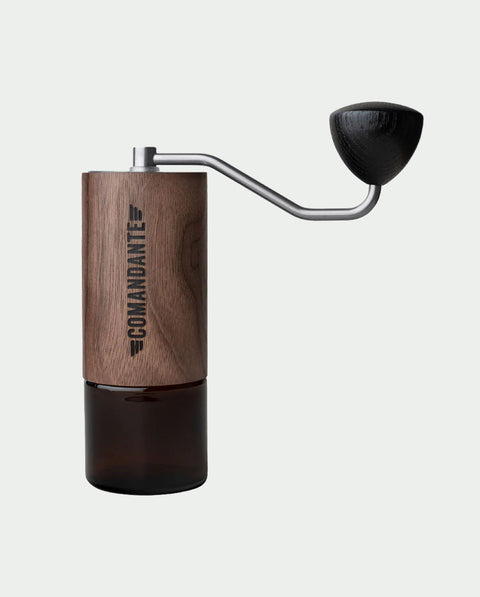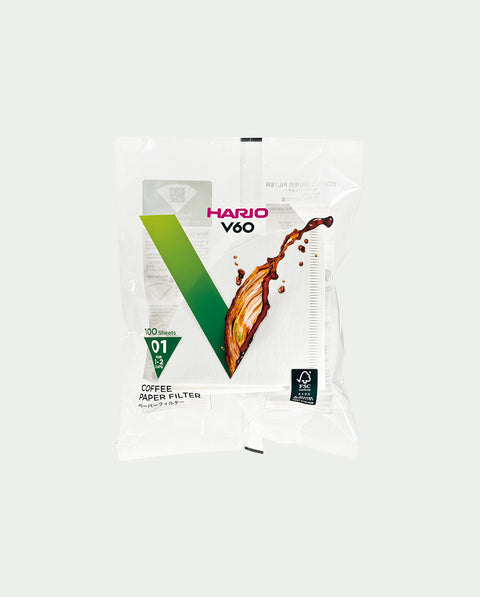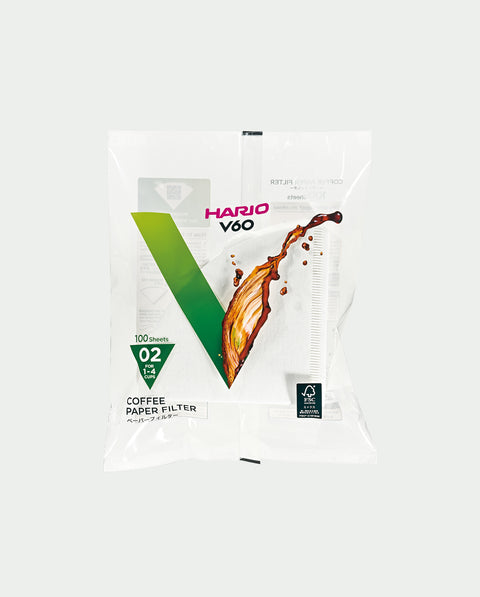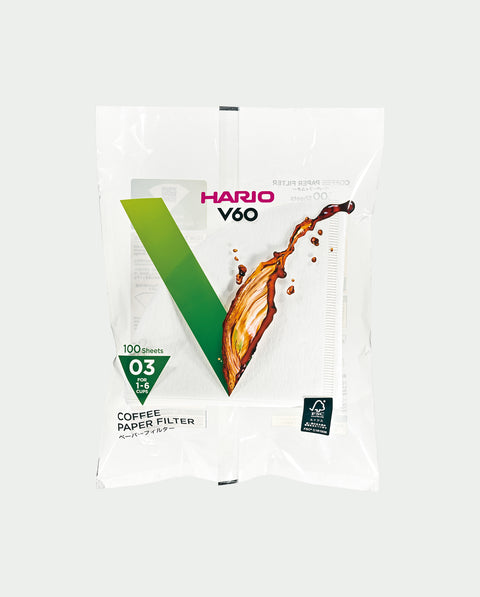The Caballero coffees are named after Marysabel Caballero, even though
it is actually both Marysabel and her husband, Moises Herrera, who
create these beautiful coffees. Moises always says lovingly that it is
Marysabel who is the star. It is no surprise when you meet Marysabel,
she is warm and charming and together they are some of the most genuine
and lovely people I have ever met.
The family have many small to medium farms located in Marcala, south
east in Honduras. They are all in the surroundings of their beneficio
(wet mill) Xinacla. It's a central mill where they deliver cherries from
each farm and process the coffees. They usually keep each farm's
production separate but when the volume is too small from the day's
pickings, they can also combine pickings from different farms. We call
these blends "Caballero", without an additional name on our offer
list.The quality can easily compete with the coffees from a single block
or farm, but it is blended to create slightly bigger lots.
Marysabel and Moises are very focused on sustainable practices in
farming and milling. They have been extremely successful producing
quality coffees and have contributed to the improving reputation of
Honduran quality coffees. Everything they do on the farms is documented,
and they invest considerable time and resources both in new equipment
and planting of new coffee varieties in order to improve the quality of
the coffee.
Marysabel Caballero and her husband Moises Herrera are working with
over 200 hectares of land, planted with coffee. They are 2nd and 3rd
generation coffee farmers and have been rewarded many times for his
commitment to developing coffee quality in Honduras. We have known the
family since mid 2000, and Nordic started buying coffee from them in
2012.
Marysabel´s father Don Fabio Caballero inherited large areas of land
in and around Marcala from his father, who was one of the pioneers of
coffee cultivation in Honduras. After many years of poor profits, he
decided to hand out land to his children, and especially to his daughter
Marysabel and her husband Moises Herrera. Moises brought his own farms
in to the family business and together they have almost 200 hectares of
coffee separated into 17 different farms.
They have since been extremely successful producing quality coffees
and have contributed to the improving reputation of Honduran quality
coffees. Everything they do at the farms is documented, and they invest
considerable time and resources both in new equipment and planting of
new coffee varieties in order to improve the quality of the coffee.
The Caballeros are extremely committed to the environmental
sustainability of their farms. A lot of their energy and focus goes
towards improving the soil of their farms to ensure a healthy growing
environment for their coffee shrubs. Therefore, they produce organic
fertilizer made from cow and chicken manure mixed with pulp from coffee
cherries and other organic material. This is used in addition to some
mineral fertilizer to ensure that the coffee plants get the nutrients
they need. Oranges, avocados, flowers, bananas and other fruits are also
grown at the farms, but mainly for the pickers to eat and to create
biodiversity at the farms that ensures good growing conditions and shade
for the coffee trees.
Marysabel and Moises has always focused on quality leading to getting
3rd price at the annual SCAA “Coffee of the year” competition in 2010.
They have also done well in the Cup of Excellence for many years, as one
of the few producers from their area.
Cultivars: Main cultivar is Catuai. They also have other cultivars like Java and Pacamara as well as Geishas.
Production: Local pickers are hired and trained to
only select the ripest cherries. All pickers are equipped with 2 bags
while picking: one bag for ripe cherries, and another bag to put the
overripe, damaged and under-ripe coffee cherries. Coffee is collected
every afternoon and weighed, and all pickers get paid by the weight of
the cherries they have picked.
Process: After de-pulping the mucilage is removed
with the use of a penagos aqua pulper. Then the parchment is fermented
for 12 hours before it is washed using african washing techniques which
helps sorting floaters and undeveloped beans from the denser and more
developed coffee. After washing, the beans are soaked for about 12 hours
in running clean water.
Naturals: Moises began producing Naturals 3 or so
years ago, initially only starting with 30 bags. Drying Natural coffees
is very difficult in Marcala because of the humid climate and the rain
experienced during the drying period. Moises has worked hard over the
years to perfect the process, and in doing so has also showed Fabio, his
father-in-law, the same techniques. Where they are processing the
coffees as Naturals, they are picking ripe cherry and drying on covered
raised beds. Initially the layer of cherry must be thin and as the
coffee dries you can increase the thickness of the drying cherry. Cherry
can take 20-40 days to dry depending on the temperatures.
Drying: Dried on patio, raised beds in the sun or
shade for 11 – 20 days. The coffees are piled up and covered when its
hard sun during mid day, when it rains and at night.
Soil: Clay like soil
Notes: Generally wet and windy conditions. Some
farms have shade, and some not. It is a mix of flat plateaus and
hillsides with moderate to steep incline.
General cupping notes: Rich dark fruit aroma.
Warming mature fruit like red berries, black grape and plum flavors.
Rich and dense mouthfeel, well-structured and intense. Some red vine
notes combined with molasses and prunes. Complex and juicy finish.






